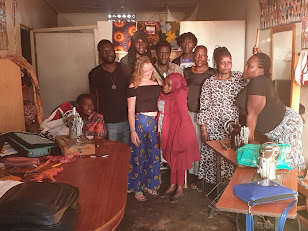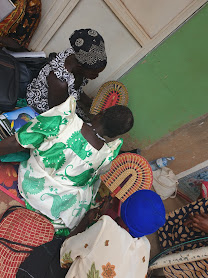Hello everybody! I am Felicia from Italy and I will be working as Junior EU Aid Volunteer in the education field at Kikooba Infant & Primary School for the next six months. In this adventure, I will be supported by NGO Mondo, my sending organization, and Uganda Pioneers Association (UPA), my hosting one.
Kikooba
Kikooba is a small rural village in Central Uganda, situated at 80kms from the capital Kampala. Kikooba Infant & Primary School was formed as a private school by the community to create an opportunity for the orphans and vulnerable children in the community to attend school.
The main aim of my position is to improve the quality of education in Kikooba School and to raise awareness of the importance of education in the community as it is facing an increase of dropouts among students, especially girls. Through a sustainable approach and according to the needs of the school, teachers, and children, the aim is to:
- organize workshops and training for better school management and different teaching methods;
- accompany and supervise extra-curricular activities in the school;
- assist with Mondo Child Support Program.
 |
| Kikooba Infant & Primary School Teachers |
.jpeg) |
| Sunset at Villa Mamu |
 |
| Training of Trainers in Gulu |
 |
| Training of Trainers in Rwamwanja |

.jpeg)


.jpeg)
.jpeg)
.jpeg)
.jpeg)

.jpeg)
.jpeg)
.jpeg)

.jpeg)
.jpeg)
.jpeg)

.jpeg)
.jpeg)
.jpeg)
.jpeg)
.jpeg)


.jpeg)
.jpeg)
